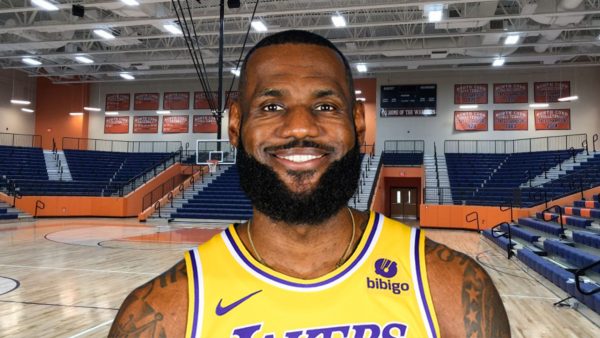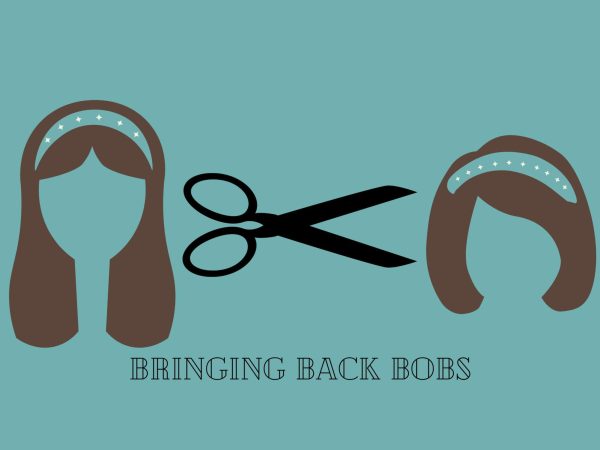“Stop micromanaging!”
October 16, 2018
Surrounded by a plethora of technology, children growing up today experience a different childhood than their parents. Kids receive smartphones and tablets at increasingly younger ages these days. This added responsibility of technology creates potential dangers that parents must keep away from their kids, but how much monitoring acts as too much?
“I think it all depends on what trouble you get into. I don’t think they should just randomly check your phone, but if you get in trouble they can,” sophomore Rashida Jalloh said.
While no parent would let their four-year old child watch anything they wanted to on streaming sites such as Netflix, opting for a “Kids” profile instead, a parent surprising a child with random checks on messages, search history, and pictures does not protect the child. No matter the age, a kid should not constantly worry about what a parent might find on his phone, whether the parent might find a too-violent game or a text message from a friend with a “bad” word. Parental controls on games and movies exist for a reason. Forcing a phone check upon a child acts as an invasion of privacy.
“Personally, I believe that parents should not check their child’s phones because it can lead to them believing they are not trusted,” sophomore Skylar Chan said.
Of course, parents want their children to stay away from online predators, oversharing, and exposure to inappropriate content, but other ways apart from consistent monitoring exist to prevent this. Verbally expressing concerns and outcomes of what could happen from viewing harmful information on the Internet to the child work better than just taking away a phone.
The goal of parenting and creating a self-sufficient adult proves difficult when adults invade privacy. Skyler Hawk, a social psychologist who studies adolescent development at the Chinese University of Hong Kong, says that as children experiment with their identities, they need space to figure themselves out. The desire for constant control damages the relationship between a parent and their child.
Hawk also says that when kids do not feel they can trust their parents, they turn ever more secretive. The child may sneak around and possibly land into more trouble than if the parent just respected his child’s privacy in the first place. When parents fail to give their kids privacy to make their own decisions, those children live without the chance to learn from their decisions. In an experiment performed by Hawk, parents that snoop around on their child’s technology report knowing less about their child’s whereabouts and their friends.
“I think checking phones does not prevent anything because kids just delete everything prior to [their parents] checking,” sophomore Abbey Corley said.
Intrusive parents prove to not only hinder the relationship with their child, but also hinder their mental health. When kids feel an infringement on their privacy, it can lead to anxiety, depression, and social withdrawal because they feel the parent’s doubt in the kid’s ability to function independently. Parents that intrude on their children’s personal lives also reported less confidence in their parenting ability, more anxiety about their parent-child relationship, and an increasing amount of worries about their child’s actions.
Parents should worry about what their children do on their phones, but adults should also respect their children if they want respect back.
The ultimate way to respect children and allow them to develop their own identities involves giving them the privacy everyone should live with. Checking the phones of teenagers should not happen if it means risking the sacred relationship between parent and child.


















